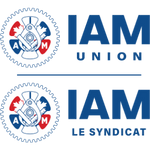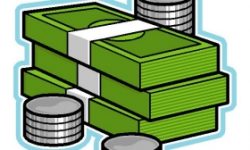What are the ‟Paradise Papers”?
Thanks to a leak of millions of documents from a law firm located in Bermuda and in the Cayman Islands called Appleby, and to the tireless work of journalists through the International Consortium of Investigative Journalists (ICIJ), the world is sadly discovering what the ‟secrets of the global elite” are to avoid paying taxes. In Canada, CBC/Radio-Canada and The Toronto Star were involved in the process. To understand on how it all started, click here to watch the video ‟WATCH: How do the Paradise Papers affect Canada?”.
Tax Avoidance versus Tax Evasion
An important distinction needs to be made. When we talk about tax avoidance, we refer to legal mechanisms put in place. When we talk about tax evasion, we refer to fraud and illegal activities. For more information on tax avoidance versus tax evasion, click here.
What we have learned from the ‟Paradise Papers” and Canada
More than 3000 names from Canadian citizens appear in the ‟Paradise Papers”, including three former Prime Ministers, Paul Martin, Jean Chrétien and Bryan Mulroney, and Justin Trudeau’s top fundraiser in 2015, Stephen Bronfman.
What can be done to change the game?
As perfectly explained by Ed Broadbent in a recent op-ed: ‟Tax avoidance and evasion by the rich ultimately undermines democracy: it starves social programs and public services, increases after tax income and wealth inequality, and further concentrates economic resources in the hands of a few. The overall message to a majority of Canadians is that the rules of the economic game are rigged against them.”
The only way to ensure wealthy individuals and big corporations pay their fair share is to reform legislation. As long as tax avoidance remains legal, rich people and big business players will take advantage of the fiscal tools and mechanisms at their disposal to avoid paying taxes and ‟undermine democracy’’.


